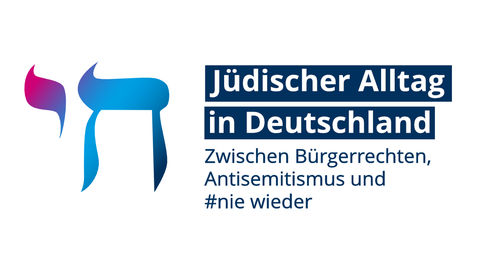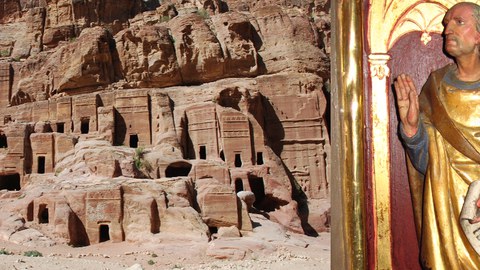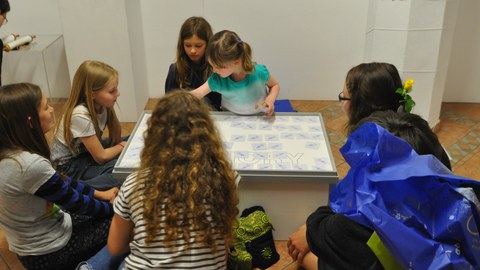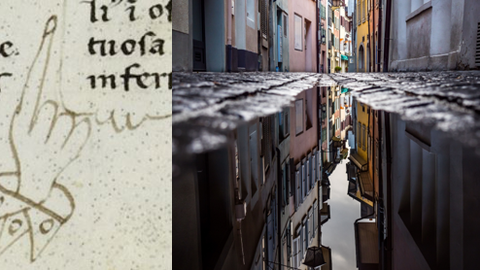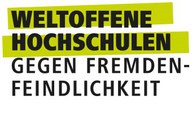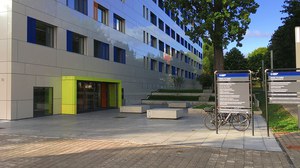 © aufdenpunkt-architekten.de
© aufdenpunkt-architekten.de
The Institute of Catholic Theology
In the context of the establishment of the Faculty of Arts, Humanities and Social Science at TU Dresden in 1991, the Institute of Protestant Theology and the Institute of Catholic Theology were set up as well. The two Institutes each have a Chair of Systematic Theology, of Biblical Theology and of Religious Education.
With the establishment of these two Institutes, Technische Universität Dresden is following its own tradition: Previously, in the 1920s and 1930s, theologians were already working at the University. The first of them was Paul Tillich, a protestant theologian and philosopher of religion. His successor, Friedrich Delekat, was ousted by Nazis.
The fact that the scientific tradition of the two large Christian denominations has re-established its home at the University of the state capital in the cradle of reformation, is a clear sign that the times of the two denominations working against each other are truly over. The work of the two Institutes is characterised by ecumenical cooperation, without denying the respective individual profile of protestant or catholic theology. The Institutes are committed to a critical reflection on the contents of Christian faith, and, through their educational role within our culture, to placing this content both in scientific discussions and in society as a whole. Especially against the background of deliberate marginalisation of Christian traditions in the past and manifold radical changes in the present, making sense of these traditions and their potential for guidance is a particular challenge.
In practice, the Institute is training future teachers to provide religious teaching at the different school types in Saxony or in other federal states. Furthermore, writing a theological final paper, the academic degrees of Bachelor, Dr. phil. and Dr. phil. habil. can be obtained.

